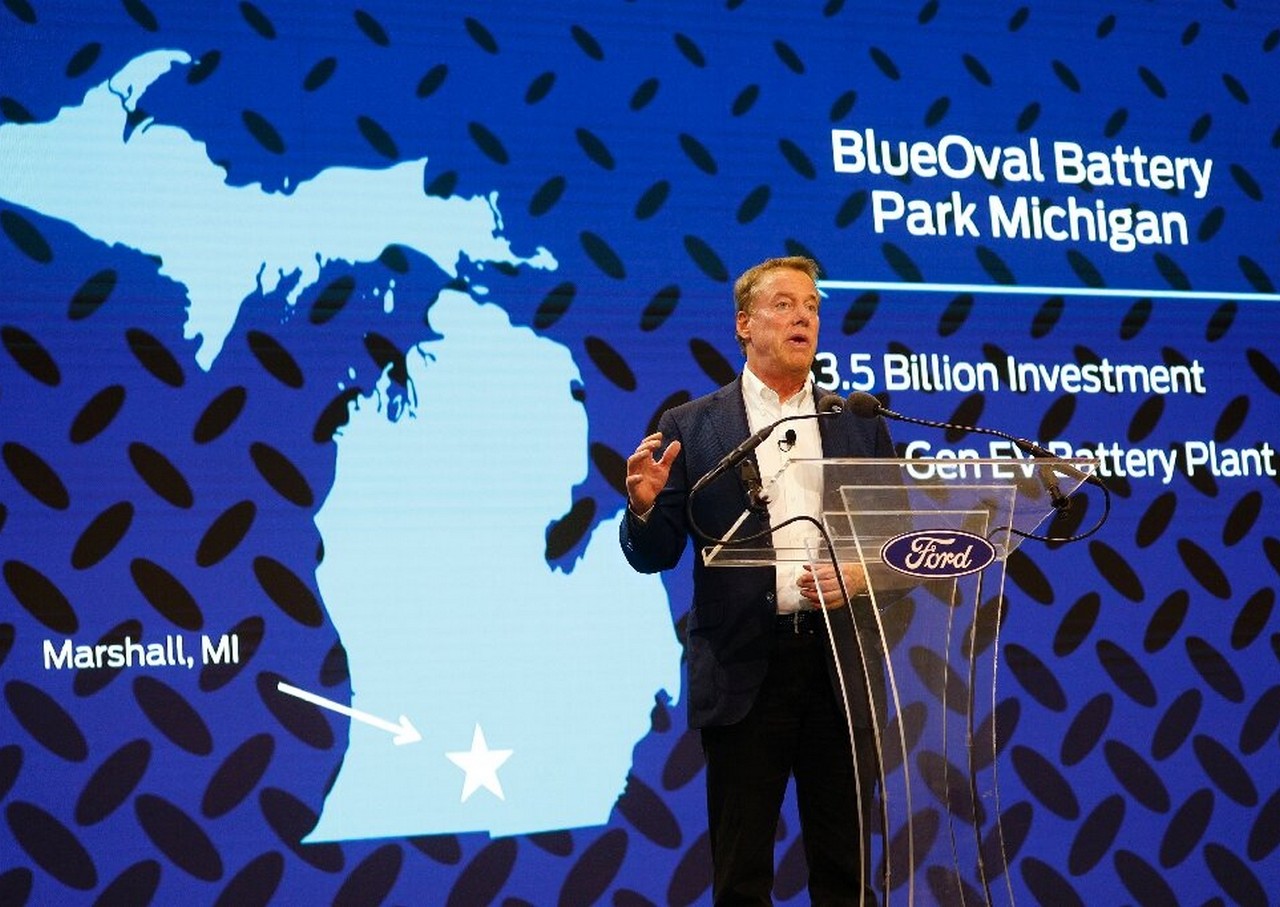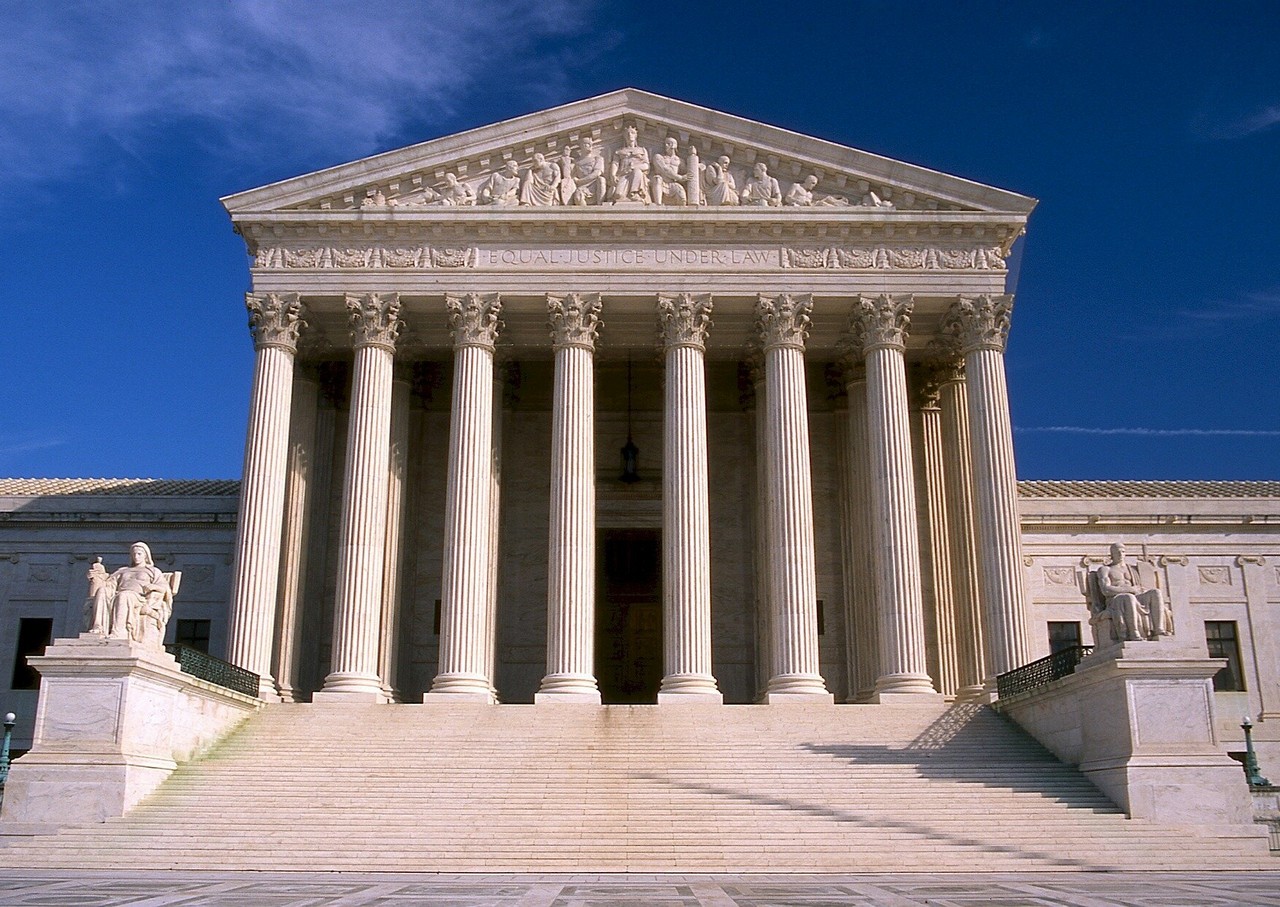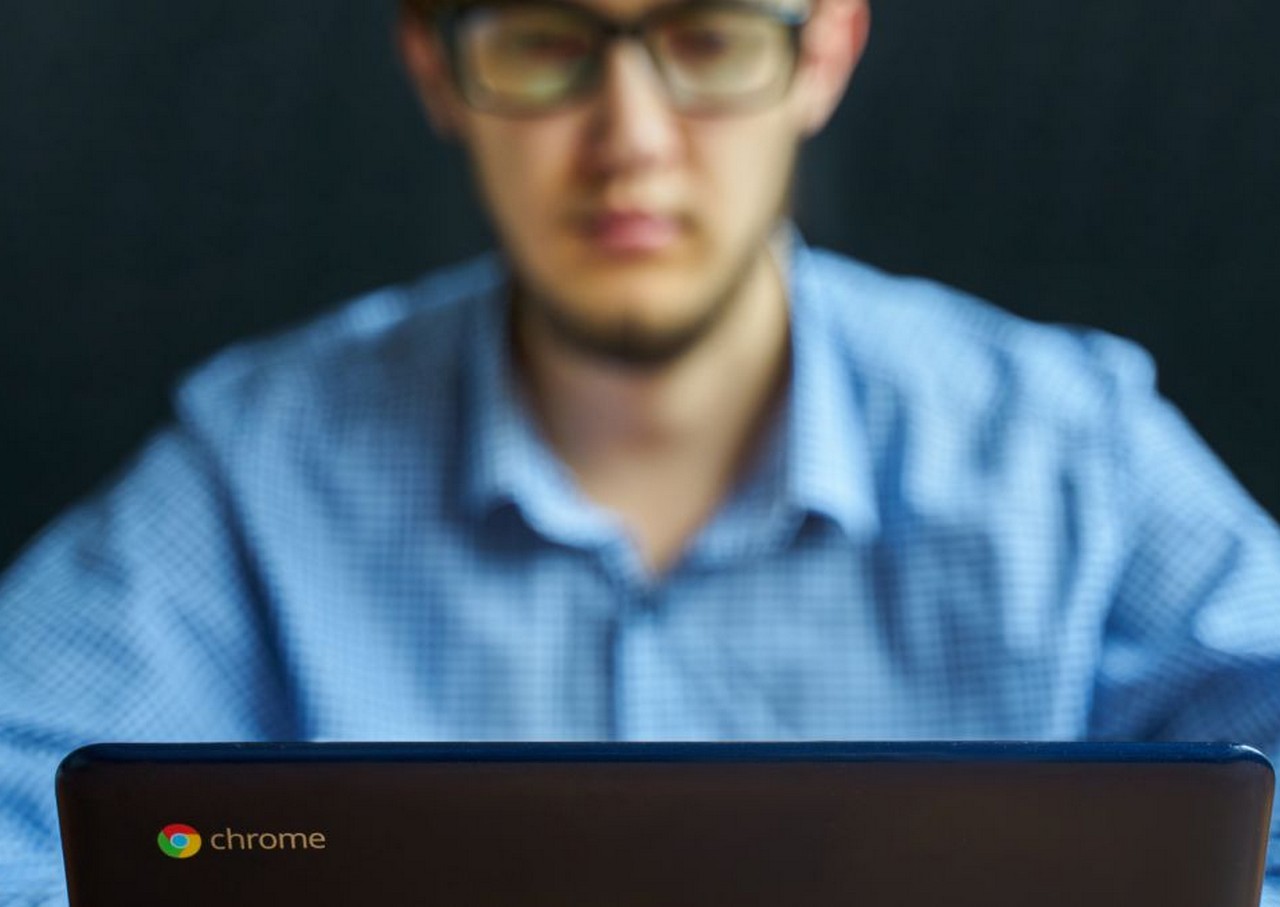“These aren’t, like, the 9 biggest specialists on the web,” famous Justice Elena Kagan—a reference to herself and fellow colleagues on the Supreme Courtroom.
Depsite this, the justices are being requested to barter complicated arguments that might have large implications for on-line suppliers and finally everybody who makes use of the web. Their rulings in two instances argued earlier than the court docket on Feb. 21 and Feb. 22, 2023, may pressure social media firms to vary the way in which they do enterprise. So, will the Supreme Courtroom “break the web,” as some have urged? The Dialog requested Michael W. Carroll, a cyberlaw professional at American College, to elucidate what’s at stake—and the way the justices look like eager about the instances.
Are you able to discuss us via the 2 instances?
The justices are taking a look at two separate instances—Gonzalez vs. Google and Twitter vs. Taamneh—that come up out of the identical lawsuit. They’re being argued individually as a result of they revolve across the interpretation of two totally different legal guidelines.
Each instances end result from terrorist assaults. The Google case was introduced by the household of Nohemi Gonzalez, an American girl killed within the 2015 assault by the Islamic State group in Paris. The dying of a Jordanian man in a 2017 assault by the terrorist group in Istanbul types the premise of the Twitter case.
What each have in frequent is the declare that social media platforms performed a task within the organizing of the assaults. Particularly, it was argued by legal professionals for the 2 households that Twitter and YouTube, owned by Google, amplified the Islamic State group’s recruiting and fundraising messages.
Central to this argument is that the social media platforms used algorithms that boosted content material to those that could also be within the Islamic State group’s content material.
How do the 2 instances differ?
Within the case of Google, the corporate is saying it can’t be held accountable as a result of it’s protected by Part 230 of the Communications Act. Part 230 holds that no supplier of an interactive laptop service shall be handled because the writer or speaker of data offered by a 3rd occasion. Google’s legal professionals argue that treating YouTube because the writer of Islamic State group movies would contravene Part 230.
Complicating issues, nonetheless, is the definition within the act of what an info content material supplier is. It’s outlined as an individual or entity answerable for creating or creating content material “in entire or partially.” The plaintiff in Gonzalez is arguing that in selling Islamic State group movies via thumbnails on the platform, YouTube is answerable for content material creation and, as such, could be held accountable.
As legislation professor Eric Schnapper, representing the Gonzalez household, argued to the justices: “I kind in ISIS video and they’re sending me to a catalog of thumbnails which they created.”
The Twitter case just isn’t centered on Part 230. Somewhat, at query is whether or not social media platforms could be seen to be “aiding and abetting” terrorism by not doing sufficient to take down Islamic State group content material and by recommending the terrorist group movies via its algorithms. Doing so would signify a violation of the Anti-Terrorism Act of 1990, as amended.
What are the potential implications?
Though I do not subscribe to a number of the hyperbole—it doesn’t matter what the justices rule, they aren’t going to “break the web”—the stakes are literally fairly excessive for social media firms. And that is largely as a result of scale.
This might be an enormous difficulty for social media suppliers as a result of so many individuals use their merchandise. In the meanwhile, Part 230 offers social media companies broad, however not blanket, immunity in opposition to prosecution for the actions of people utilizing their companies. It would not shield platforms in the event that they knowingly promote and flow into prison content material akin to youngster pornography, but it surely does shield them from numerous different lawsuits.
The truth is, Congress particularly designed Part 230 on this manner, figuring out that the defamation legal guidelines that cowl conventional media akin to newspapers have been unworkable on social media. As an alternative, underneath Part 230 social media platforms are handled extra like cellphone companies—and cellphone firms aren’t held accountable for what is claimed over their service.
If the justices interpret Part 230 in a similar way, then not a lot will change. But when they aspect with the plaintiff, that might open up social media suppliers to lawsuits relating to content material posted by people and teams.
How would that have an effect on the way in which social media operates?
That may depend upon how tech firms reply—would they modify the way in which their platforms work? And, if that’s the case, how?
It may change the connection between customers and content material, in addition to the usefulness of social media. Or it may simply imply that social media firms have to tweak the way in which they current really useful content material—so as a substitute of a thumbnail of urged movies, you simply get a hyperlink.
However a giant query went largely unanswered within the oral arguments: For those who open up the door to litigation, the place would it not finish? Nobody gave the justices a solution on that, which by my studying of the oral arguments appeared to make the justices somewhat nervous. The worry gave the impression to be they could make what appears to be a small tweak to the legislation that finally ends up having massive penalties.
What was your studying of the place the justices are on the central questions?
Judging by the way in which the oral arguments went down, I obtained the impression that social media will win on the Part 230 difficulty—and I believe they are going to win fairly clearly.
Partially, it’s because nobody may articulate what a slim interpretation of Part 230 would seem like, or the place a potential line within the sand might be drawn relating to what content material social media companies may or couldn’t be held accountable for.
Justice Clarence Thomas famous that the identical algorithm used to suggest Islamic State group movies was additionally answerable for selling cooking movies to cooking fanatics.
“I do not perceive how a impartial suggestion about one thing that you’ve got expressed an curiosity in is aiding and abetting,” he stated.
You may’t all the time inform from oral arguments how justices will rule, however I would not be shocked if justices attempt to discover a technique to refine the present requirements, however with out making any sweeping modifications.
Partially, it’s because any sweeping modifications may have implications that transcend Massive Tech. It was notable that among the many many amicus—or buddy of the court docket—briefs filed have been ones representing the enterprise neighborhood and nonprofit organizations. They’re all afraid that if the social media firms are deemed to have aided and abetted terrorists, then they too might be open to litigation for by chance offering help to terrorists via the conventional course of their actions.
This all boils right down to a clause within the Anti-Terrorism Act that claims aiding or abetting means “knowingly offering substantial help.”
Once more, I really feel the justices are prone to rule in favor of the social media firms. However the court docket may wish to make clear to decrease courts what the usual is on the questions of what constitutes “figuring out” and “substantial” help.
One attention-grabbing factor to notice is that the court docket did not appear to be break up down any ideological strains. My impression is that the justices have been genuinely struggling in each instances with the difficulty of the place the road ought to be drawn. They appeared keen to offer some steering that encourages accountable practices, however they do not desire a end result that basically modifications how the web works.
Supplied by
The Dialog







